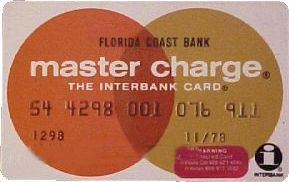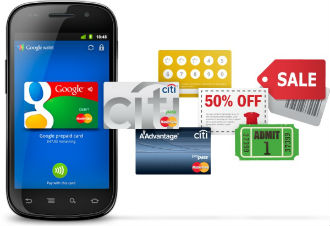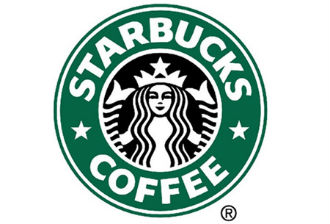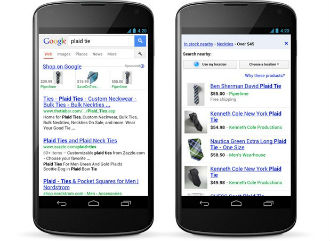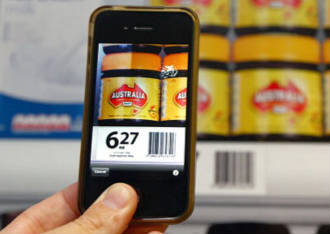 A report fresh out of Nielsen found that shoppers behave quite differently when they’re doing their shopping on tablets rather than smartphones. Tablets are a lot more likely to be used for product browsing and tablet users write more product reviews.
A report fresh out of Nielsen found that shoppers behave quite differently when they’re doing their shopping on tablets rather than smartphones. Tablets are a lot more likely to be used for product browsing and tablet users write more product reviews.
Two thirds of smartphone shoppers use their devices mostly at home, while the same goes for four fifths of tablet users. More often than not, they watch TV while their playing with their smart devices. Tablet owners are more active with product research (59 percent) and are more likely to purchase physical items (38 percent) than smartphone shoppers (24 percent).
However, smartphone shoppers make up for it by being more active outside the home. On the other hand, Nielsen found that quite a few mobile shoppers are on the sofa while they’re shopping. This is true of 95 percent of tablet users and 72 percent of smartphone users, who make their purchases from home. Tablet users are more likely to make a purchase overall.
In a brick-and-mortar setting, smartphones reign supreme. As many as 70 percent of smartphone shoppers use a store locator to plan their shopping trip, while 37 percent arrive with organised shopping lists stored on their phones. The majority of smartphone and tablet shoppers use their devices to check prices before pulling the trigger. More smartphone users do this in physical stores. Smartphones also lead the way when it comes to mobile coupons and mobile payments.
Even when their shopping spree is done, many shoppers turn to their tablets to write product reviews or write comments about their purchases on social media. The majority of smartphone and tablet shoppers also use their devices to track the progress of their online orders.
